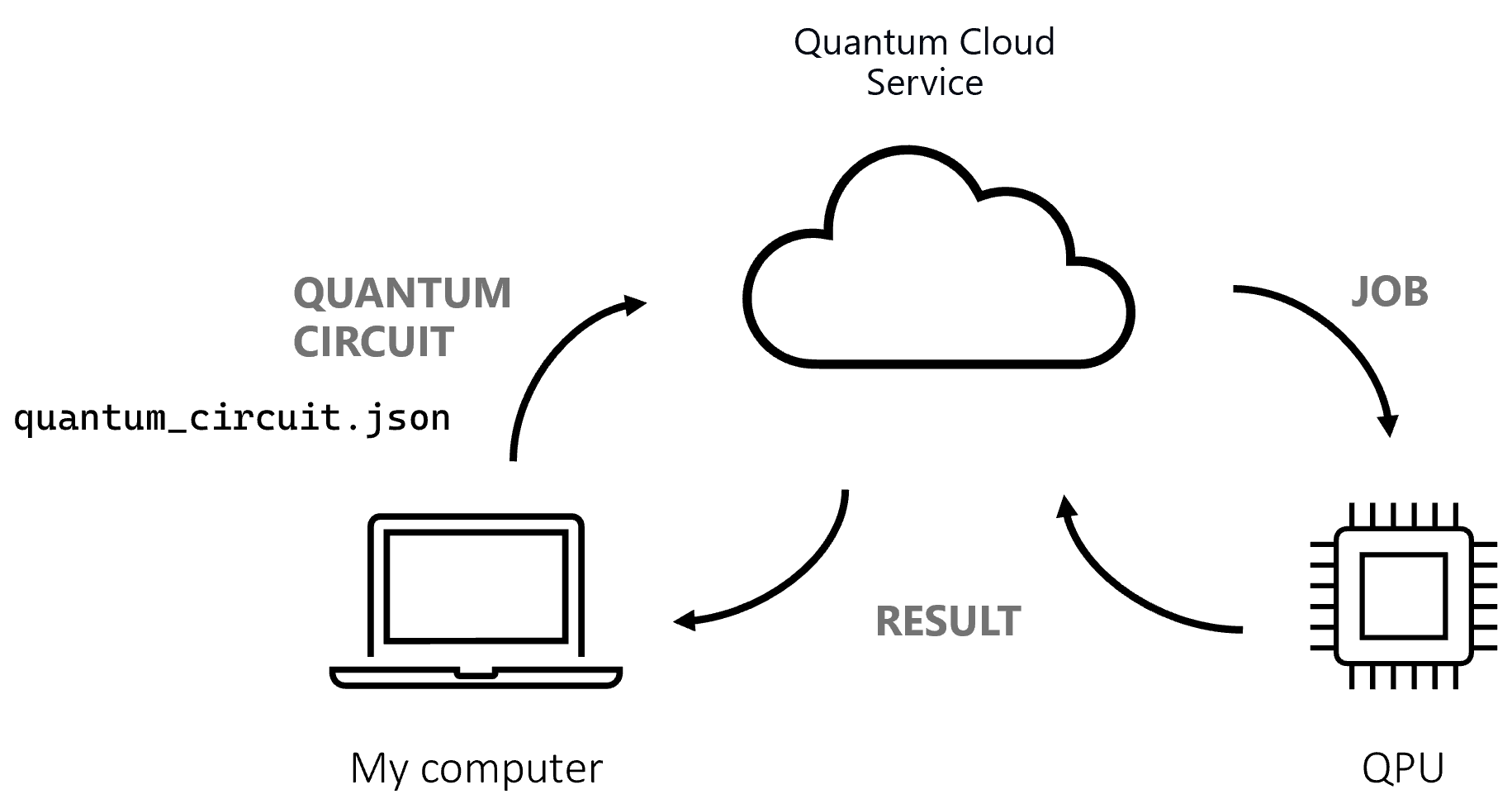
AI’s Quantum Leap: Unraveling the Potential of Hybrid Quantum-Classical ComputingAI’s Quantum Leap: Unraveling the Potential of Hybrid Quantum-Classical Computing Artificial Intelligence (AI) has revolutionized various sectors, but its capabilities are poised to transcend further with the advent of quantum computing. Hybrid quantum-classical computing, a groundbreaking paradigm, combines the strengths of both quantum and classical computing systems to unlock groundbreaking possibilities. Synergy of Quantum and Classical Classical computers excel in handling large datasets and performing deterministic calculations. Quantum computers, on the other hand, harness quantum phenomena like superposition and entanglement to process information in ways impossible for classical systems. Hybrid quantum-classical computing bridges this gap by leveraging the advantages of both technologies. Accelerating AI Algorithms Hybrid systems accelerate the training and inferencing of AI algorithms dramatically. Quantum subroutines can optimize parameters or perform simulations that are computationally intensive for classical systems. This enables the development of more accurate, efficient, and complex AI models. Novel Applications Hybrid quantum-classical computing opens doors to unprecedented applications: * Drug discovery: Quantum simulations can expedite the development of new drugs by modeling molecular interactions with greater precision. * Materials science: Hybrid systems facilitate the discovery of novel materials with tailored properties, accelerating the development of advanced technologies. * Financial modeling: Quantum algorithms can enhance financial risk assessment and portfolio optimization by considering complex interdependencies within market data. Challenges and Opportunities While hybrid quantum-classical computing holds immense potential, it also presents challenges: * Interface and compatibility: Bridging the gap between quantum and classical systems requires seamless interfaces and data exchange protocols. * Error correction: Quantum computers are susceptible to noise and errors, necessitating robust error correction mechanisms. * Scalability and commercialization: Scaling hybrid systems to practical problem sizes and ensuring their commercial viability are ongoing areas of research. Conclusion Hybrid quantum-classical computing represents a quantum leap forward in the evolution of AI. By harnessing the power of both quantum and classical systems, it enables the development of transformative AI models and the exploration of groundbreaking applications. As research and development continue, hybrid quantum-classical computing promises to reshape various industries and unlock the full potential of AI.
Posted inNews